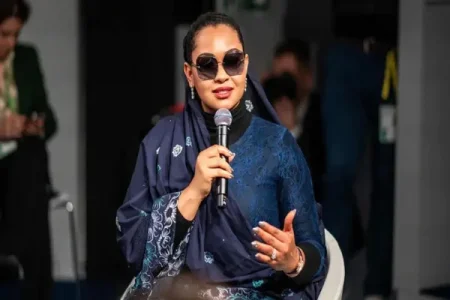
According to Vanguard and Premium Times, Nigerian lawmakers' renewed push for a single six-year term for the president and governors has reignited debates over constitutional reforms, governance efficiency, and national unity.
Key Points
- Thirty-five House members proposed a single six-year term for president and governors.
- The bill includes rotational presidency among six geopolitical zones and two vice-presidents (North and South).
- Proponents argue it will reduce election costs, curb incumbency abuse, and foster inclusive governance.
- The House of Representatives recently rejected the bill, but sponsors vow to reintroduce it after further consultations.
- The proposal aims to hold all elections on a single day and accelerate power rotation.
- Critics cite constitutional concerns and persistent resistance to altering the two-term, four-year system.
- The debate reflects ongoing calls for political reform and national stability in Nigeria.
The Questions
- How might a single six-year term impact Nigeria's governance quality and political accountability?
- Could rotational presidency and unified elections enhance national unity and reduce regional tensions?
- What barriers must reform advocates overcome to achieve constitutional change?
The Message
One Term, One Chance: The single-term proposal challenges Nigeria to rethink leadership, inclusivity, and the true meaning of democratic renewal.Sources:
Vanguard1, Premium Times, OrderPaper




